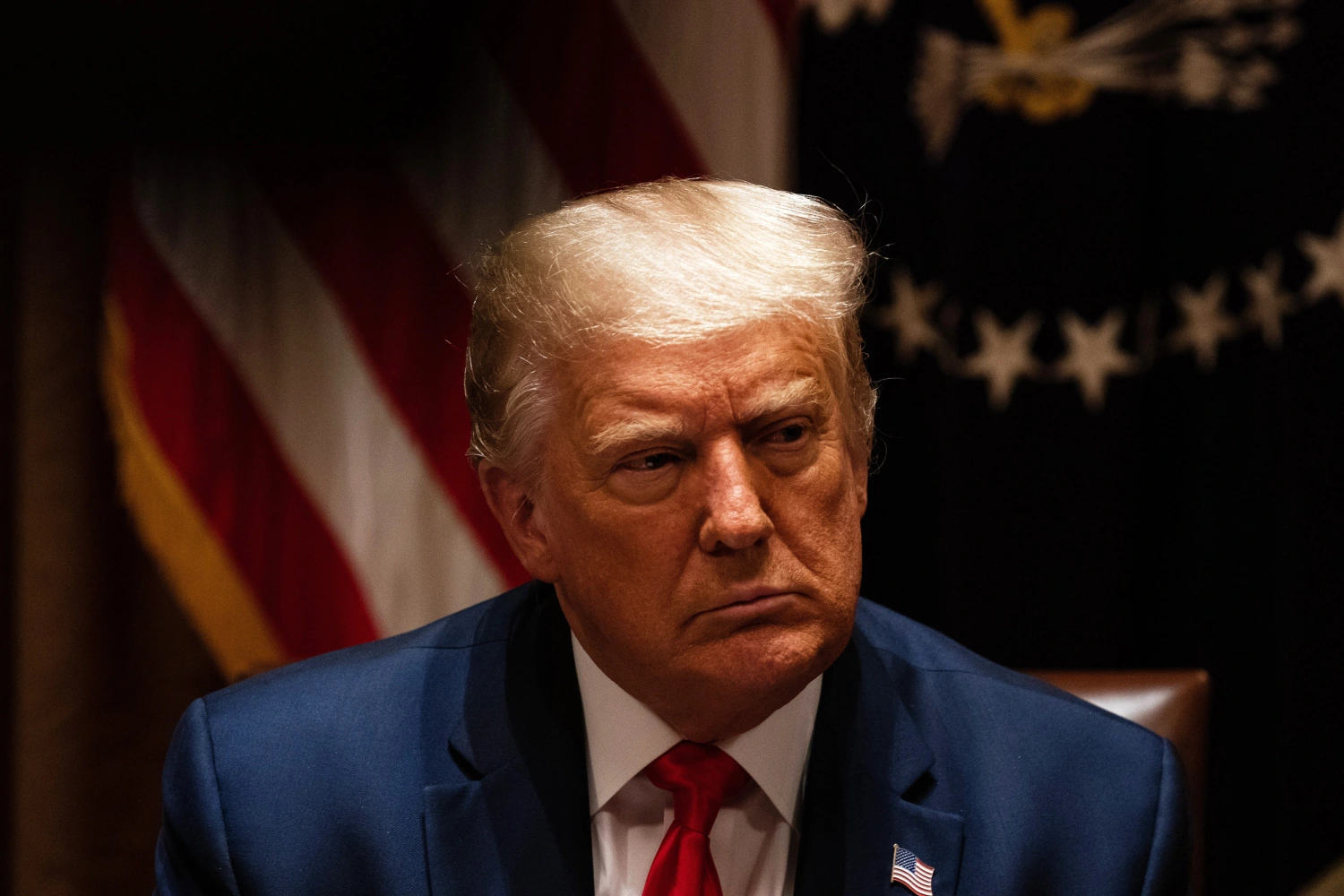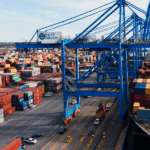A group of U.S. businesses is taking legal action against President Donald Trump, arguing that his use of emergency powers to impose tariffs was unconstitutional and illegal under existing law.
The lawsuit, filed Monday in the U.S. Court of International Trade, claims Trump’s tariffs violated the International Emergency Economic Powers Act (IEEPA)—a law meant to address threats to national security or the economy during genuine emergencies. The legal action was brought by the Liberty Justice Center, which is representing five companies that say they’ve suffered financially under the tariffs.
What the lawsuit says
The central argument: the IEEPA doesn’t give the president the authority to unilaterally impose tariffs, which are a form of taxation. That power, the plaintiffs say, belongs solely to Congress.
“No one person should have the power to impose taxes that have such vast global economic consequences,” said Jeffrey Schwab, senior counsel at the Liberty Justice Center. “The Constitution gives the power to set tax rates—including tariffs—to Congress, not the President.”
The lawsuit claims that the Trump administration failed to meet the IEEPA’s requirement of an “unusual and extraordinary threat,” and that the economic reasoning behind the tariffs—such as addressing trade deficits—does not qualify under the law.
White House responds: Trade deficits are a ‘national emergency’
In response to the legal challenge, a White House spokesperson, Harrison Fields, defended Trump’s use of emergency powers, calling the U.S. trade deficit a national crisis.
“Never Trumpers will always oppose him, but President Trump is standing up for Main Street by putting an end to our trading partners—especially China—exploiting the U.S,” Fields said in a statement to CNN.
“His plan levels the playing field for businesses and workers to address our country’s national emergency of chronic trade deficits.”
Not the first lawsuit over Trump’s tariffs
This isn’t the only legal challenge against Trump’s controversial tariff policy. Earlier this year, the New Civil Liberties Alliance (NCLA) filed a separate suit making similar claims. That case, filed April 3 in the U.S. District Court for the Northern District of Florida, represents a Florida-based company called Simplified, which imports materials from China to manufacture planners.
“By invoking emergency power to impose an across-the-board tariff on imports from China that the statute does not authorize, President Trump has misused that power, usurped Congress’s right to control tariffs, and upset the Constitution’s separation of powers,” said Andrew Morris, senior litigation counsel at the NCLA.
What’s next
The outcomes of these lawsuits could have broad implications for presidential authority in trade policy. If the courts side with the plaintiffs, it could set limits on how future presidents use emergency powers to impose tariffs or taxes—reaffirming the role of Congress in managing trade policy.






